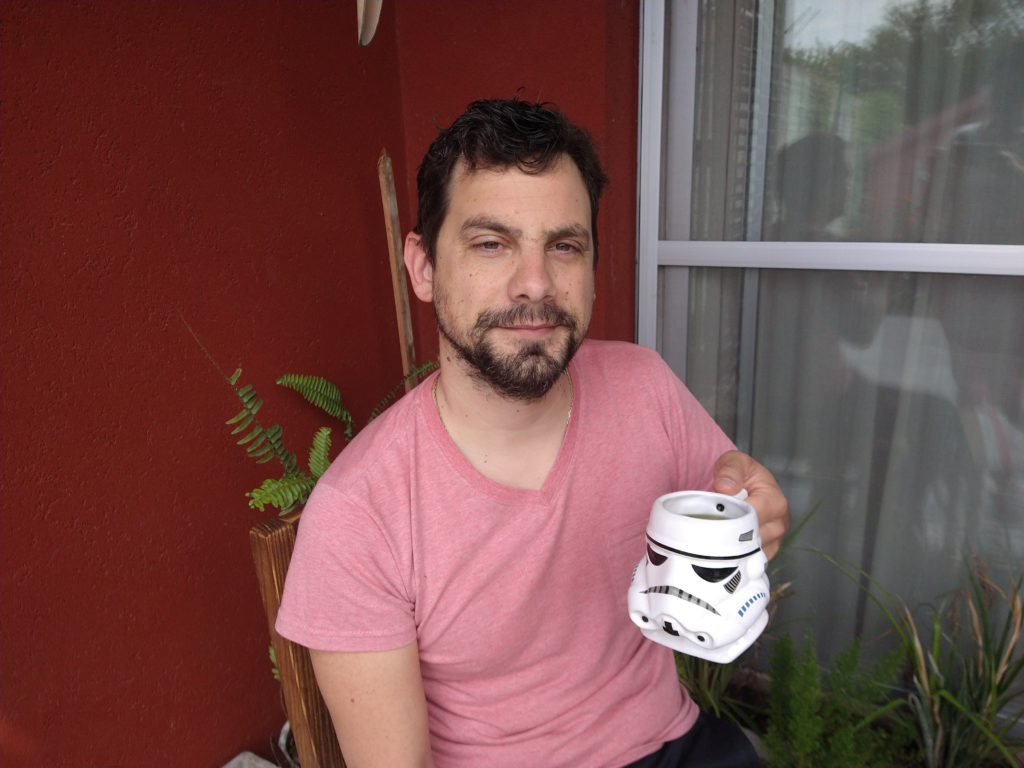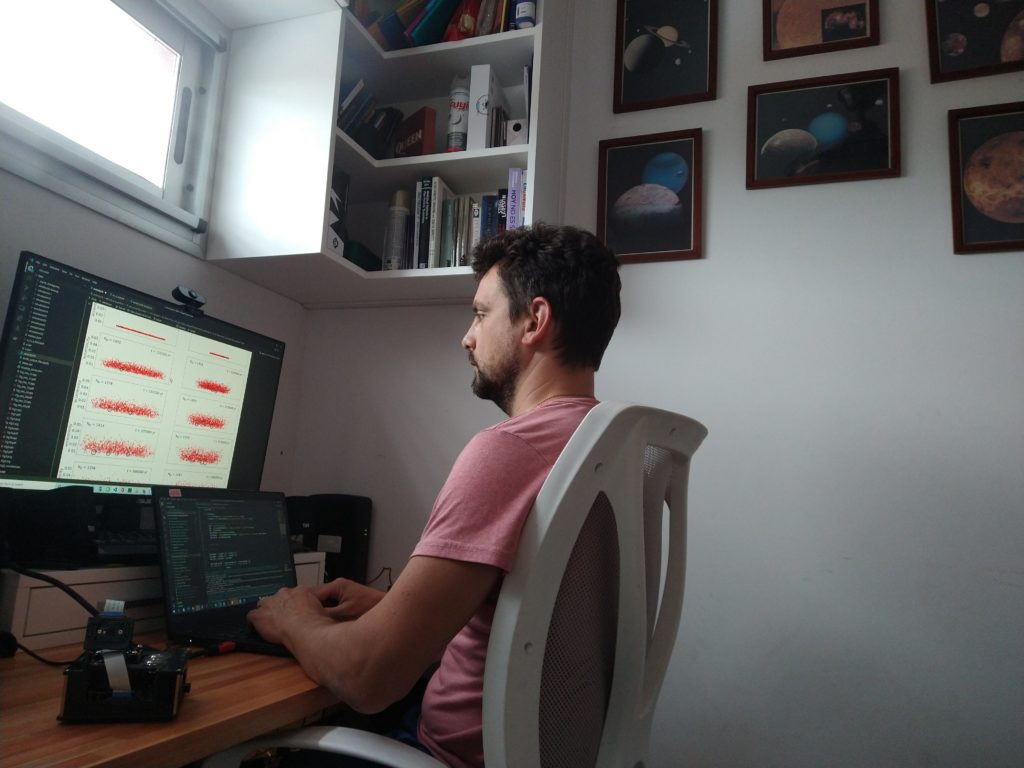How an Astrophysicist Decided that Deep Learning Was His True Calling
Name: Luciano Darriba
Title: AI Developer
Location: La Plata, Buenos Aires, Argentina
Education: Bachelor of Science, Astronomy from the National University of La Plata; Ph.D., Astronomy from the National University of La Plata
Favorite ML area: Computer vision
Favorite astronomer: Aristarchus of Samos. He was an ancient Greek astronomer who was the first to propose the heliocentric Solar System model.
Luciano Darriba is an AI developer living in Buenos Aires, Argentina. In his former life, he was an astrophysicist. This wasn’t fulfilling him, so he took the Deep Learning Specialization in hopes of kickstarting a new trajectory. Less than a year later, he had a new job working at Baufest, a software services company. He spoke with us about the moment he realized it was time to spend his career.

Can you tell us a bit more about what you were doing prior to becoming an AI developer?
LD: I have a PhD in astronomy and worked as a researcher until 2020. Mostly I worked with planetary formation from a theoretical point of view, using numerical simulations rather than direct observations. But I always had the feeling that doing scientific research didn’t fulfill me completely. Also the economic situation here in Argentina is not very good for scientists. Around the start of the pandemic, in April 2020, I was getting more dissatisfied in my career. I’ve always had an interest in AI, but thought that it was only for a select elite group of super intelligent people.
Coming from an astrophysicist, it’s interesting to hear that you believed AI was out of your reach. Can you describe the moment when you realized it was something you could do?
LD: I started taking the Specialization, and I realized how easy it was to do artificial intelligence. Well, it’s not easy, but it was something I could do without 20 years studying computer engineering. The mathematics Andrew described were things I learned in my first year of college. At that moment a switch went off in my head. I remember telling my wife, “I want to leave astronomy behind and dedicate my life to this.”
When astrophysicists and geophysicists from my former faculty found out about my career change, several of them contacted me saying they had the same doubts. It was profoundly rewarding for me to help them so they wouldn’t feel as abandoned and helpless as I did at that time.

What lessons from the deep learning specialization have been most impactful for you?
LD: It’s hard to pick a lesson as the “most impactful”, since all five courses became cornerstones in my new career. But if I have to choose one, I think the basic neural network architectures were explained very well in the course and are now engraved in my mind. They are the baseline I refer to whenever I start a new project, and they help me think clearly about how we’ll tackle our solution.
How do you use AI in your day-to-day work?
LD: My main focus is computer vision, so I use object detection and object classification. I do some time series prediction as well, but I can’t really get into specifics.
How do you keep learning?
LD: I approach it in a similar way as when I was an astronomer. Whenever I start a new project I look for papers that were milestones in the subject, and for research that is the current state of the art. Unlike astronomy, however, you don’t have to go back 50 years ago to look through all the research. Most of the important milestones have happened in the last three or four years.
Ready to #BeADeepLearner like Luciano? Enroll in the Deep Learning Specialization